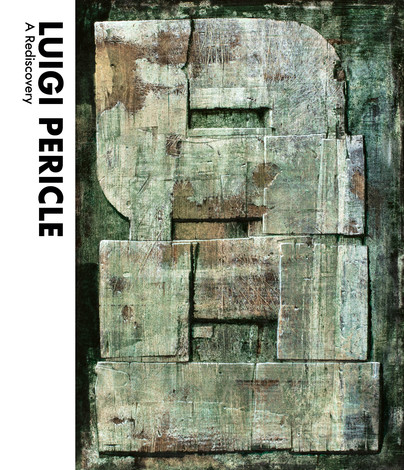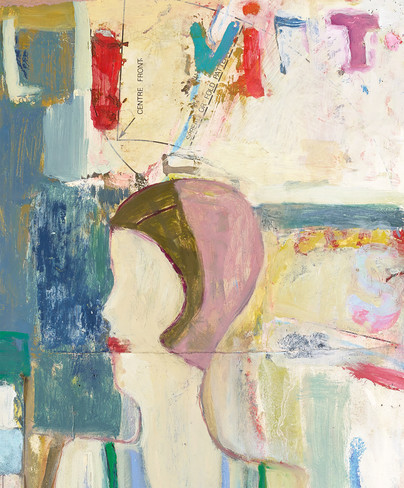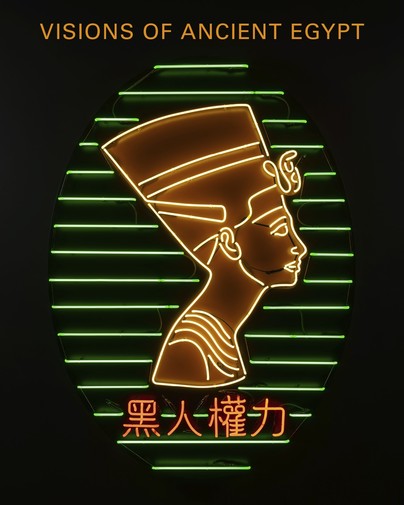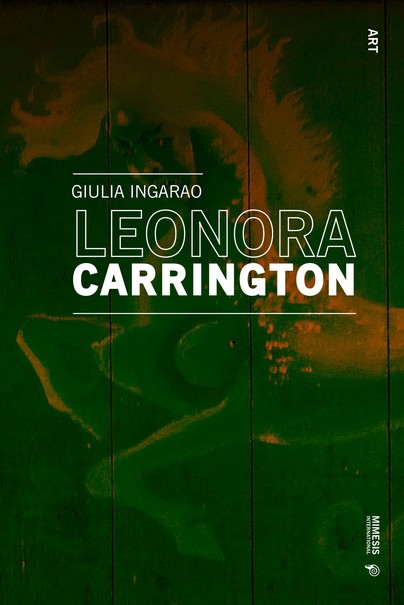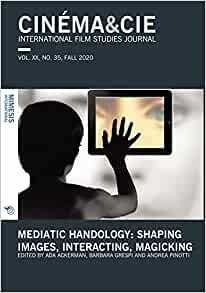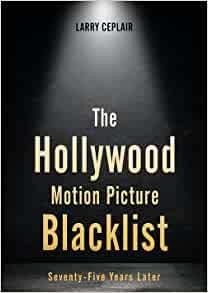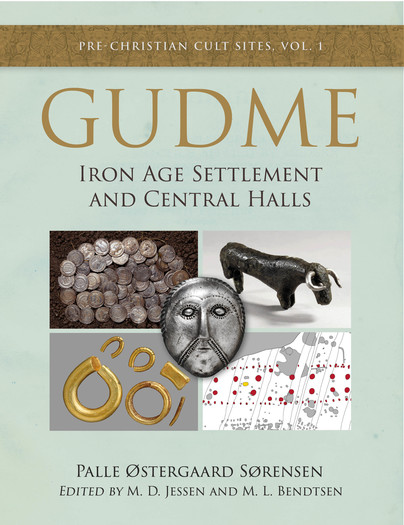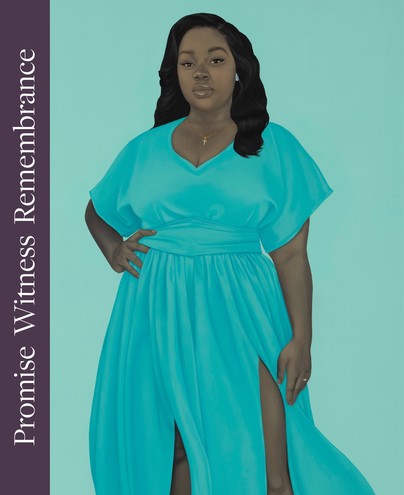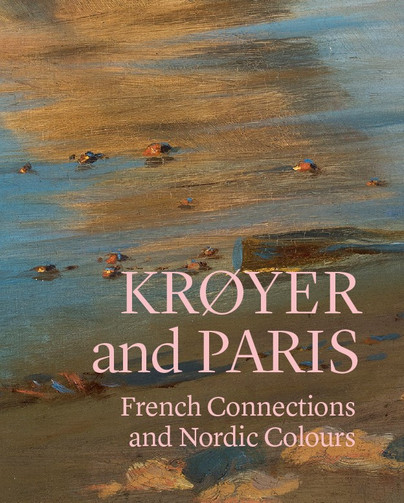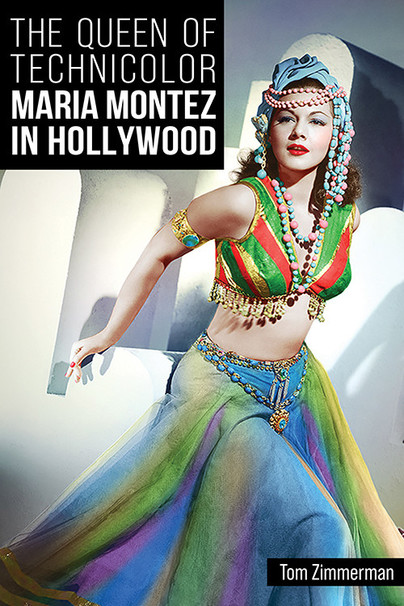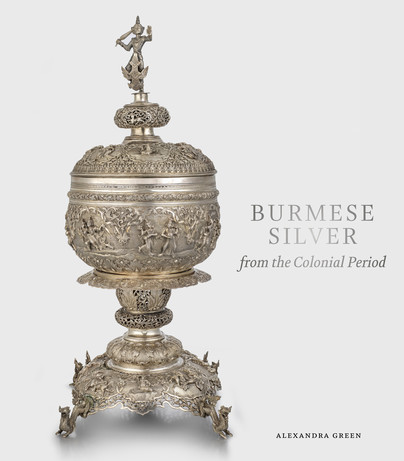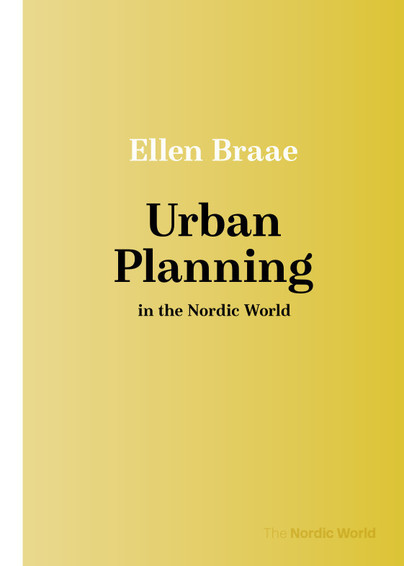From antiquity, when the Great Pyramid was revered as a wonder of the ancient world, to the Cleopatra of Shakespeare’s stage, and from the medieval Arab scholars who sought hieroglyphs’ mystical wisdom, to the biblical stories still told today, Visions of Ancient Egypt explores how ongoing engagement with ancient Egypt has shaped centuries of art and design. Accompanying a ground-breaking exhibition, it unpicks the constructed fantasies of this ancient civilisation and charts how ancient Egypt’s iconic motifs and visual style have been re-imagined over time – revealing not just an enduring artistic fascination with Egypt, but a story of how Egypt’s own heritage has been reinvented and appropriated by different cultures over time, and a history closely entwined with imperial conquest and colonial politics. Beautifully illustrated throughout and with contributions by leading scholars, this book explores the imagined construction of ancient Egypt promoted through painting, sculpture, photography, architecture and film, as well as design, fashion and jewellery.
It traces the journey across time, beginning with the ancient Romans who looted Egyptian monuments and adopted Egyptian gods into their Pantheon; to Napoleon Bonaparte’s invasion of Egypt, and the elite taste for all things Egyptian it prompted; as well as the Victorian creation of an Orientalist fantasy popularised at World Fairs. Presented in a nuanced way, the story is not Eurocentric. For the first time, it also places Egypt’s own story firmly into the narrative, exploring for example Egyptian artists’ responses to nationalist calls for independence spurred by the discovery of Tutankhamun’s tomb in 1922, while also addressing the popular impact of the ‘Tutmania’ craze in the West and its influence on Art Deco. The book also examines the enduring appeal of ancient Egypt in global contemporary art, across media from painting and sculpture, to film and multimedia installations. Artists both within and beyond Egypt continue to look to its ancient imagery to make statements about heritage, identity and race. The book invites readers to debate and to discuss this complex history of the construction of ancient Egypt in art and design, and to ask who these visions serve – both then and now.
